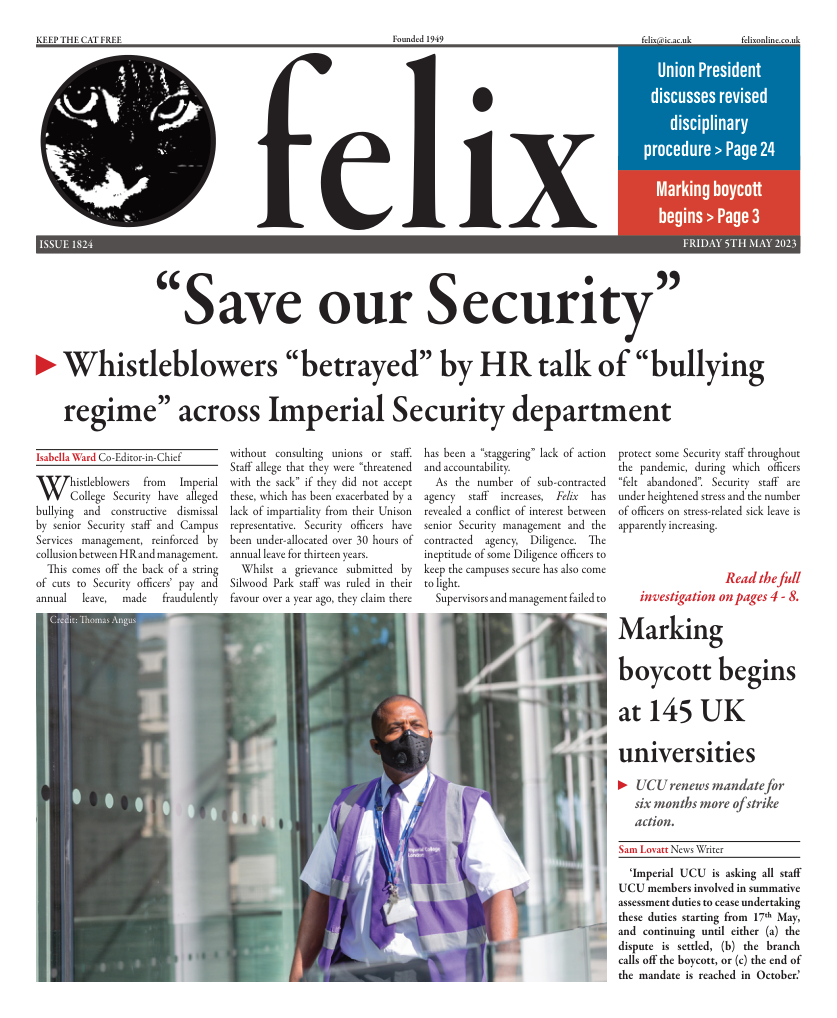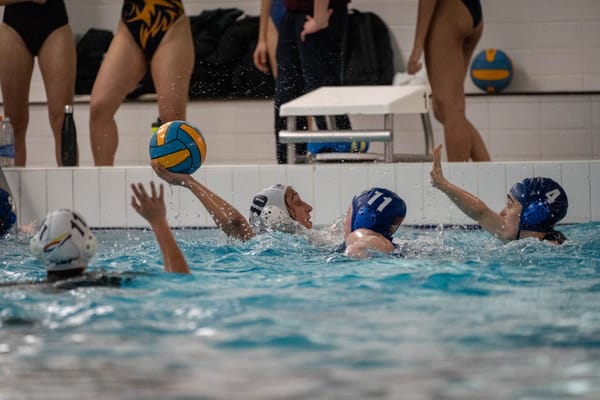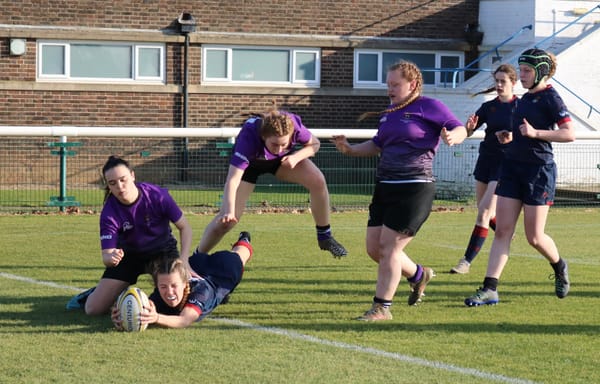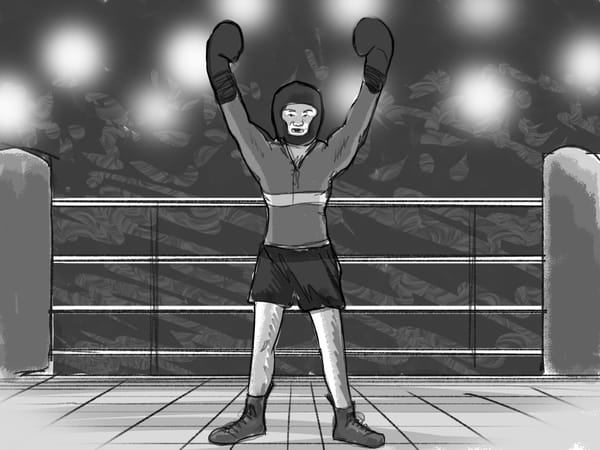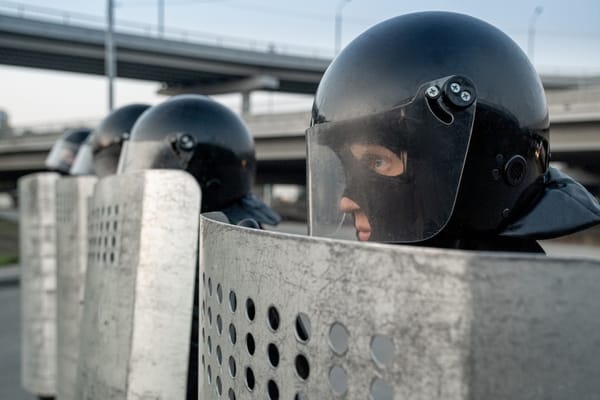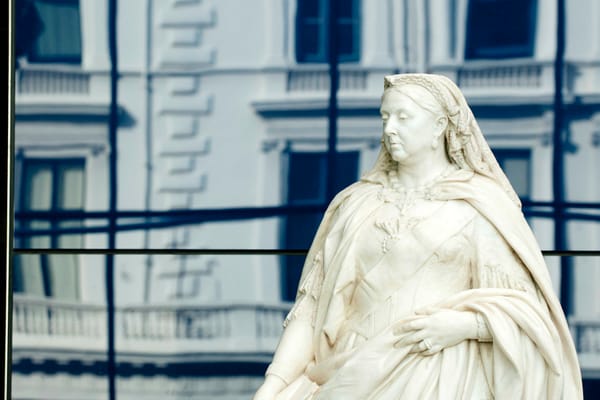Formula Student: the motorsports team leading the charge for change
As they count down to Silverstone, Formula Student gear up to meet green challenges.
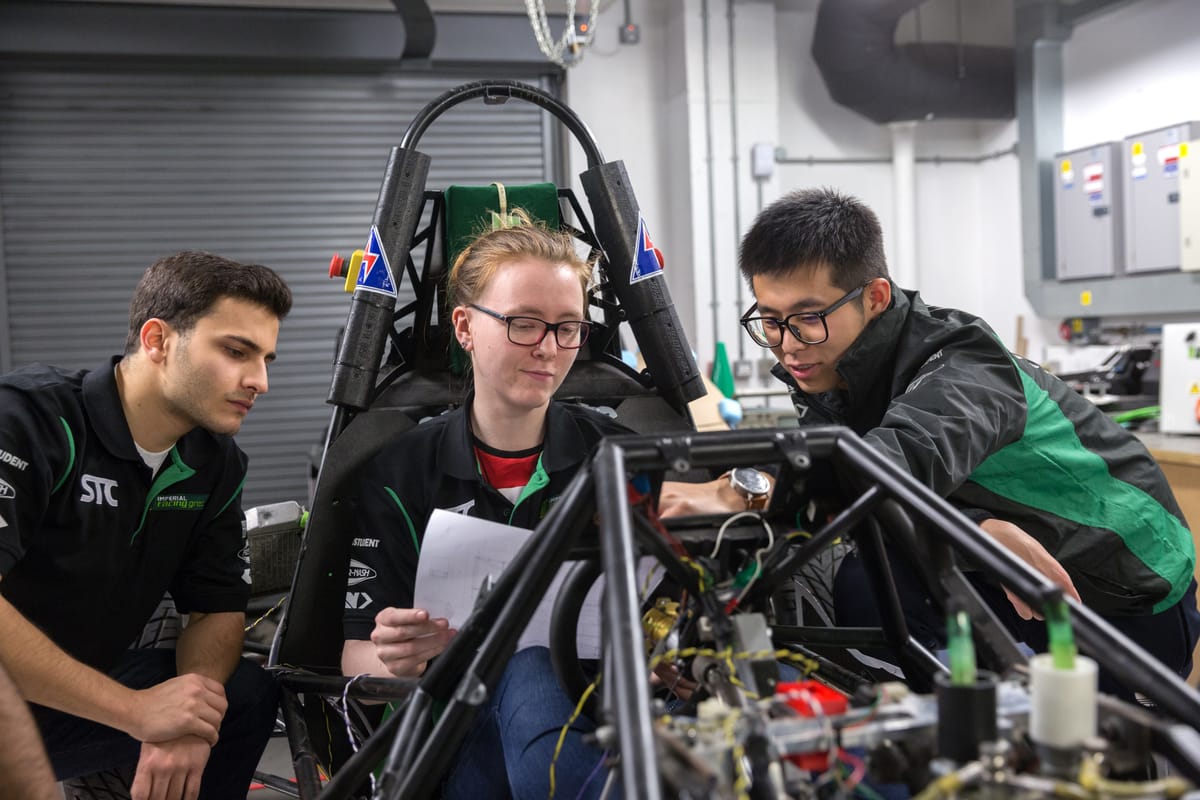
Three years ago, Formula 1 set ambitious targets as part of a wider sustainability strategy to reduce the sport’s carbon footprint. In Formula Student, a club where students build an F1 car, this ambition has been at the heart of the project for years. Members learn transferable skills such as critical thinking or project management, and gain experience on a hands-on project while driving environmental change in one of the biggest sport industries in the world.
Formula Student: a new approach to sustainability
Formula Student is part of Racing Green, an overarching group of car development teams in the Mechanical Engineering Department. It comprises two teams of Imperial College London students working in the Pit Garage, located on campus. Conor Leo, Team Principal, claims: “The biggest team is Formula Student, which designs and builds the fastest car possible to compete in a race at the end of the year at Silverstone.” The Formula Student competition is essentially Formula 1 at university: what better way to get your feet into the field! Since 2010, Imperial has competed in the electrical engine section of Formula Student, as pioneers of environmental change. Conor elaborates, “Imperial was one of the very first. A lot of people are catching up, but the electrical category still has a reputation because of the added difficulty of building the battery.” Racing Green members learn how to combine engineering skills with sustainability aims throughout the project.

Rev up your skills by building a car
From technically minded mechanical engineers to marketing students, there is a place for everyone in the team: whether designing the car or managing the business side. Conor explains that “[they] split the teams [...] geometrically based, but there are parts of the car which naturally became a sub team. The chassis [...] is quite a large sub team involving a lot of people, and you can put a lot of workers with less experience on that”. In an iterative process, students add parts to the chassis recycled from previous years.
Conor adds: “We'll test [each part] in isolation, test it with another part connected, and slowly build it up. That's the easiest way to do it.” With limited funding, every aspect of the design must be carefully studied through simulations and research.
The most exciting time of the year is towards the end of the second term, when all the individual parts come together, and the car finally looks like a car (and, more importantly, moves).
Formula Student uses an interdisciplinary approach to address sustainability challenges in F1, taking its roots in students’ degrees. “The construction of the car was made to correspond with the 3rd year Mechanical Engineering coursework deadlines, with students using the CFD software - discovered in class - for flow simulations.” Alongside them, computer sciences students help develop MATLAB or Python codes for simulations. From the expertise of Electrical and Electronics Engineering students, Daniel Gutierrez, President of Racing Green, tells us that “students from other backgrounds have acquired a strong knowledge in batteries, which remains one of the greatest difficulties in the building of the car. You learn not just the technical skills which you touched on in the course. You learn those better in an applied way and you learn other technical skills which you would never experience on the course”.
Overall, it’s about learning how to take a more strategic view at the competition
The best part: you don’t need to be an F1 addict to be part of the team. George Worledge, Technical Director, tells us about the soft skills he acquired in the team that will be useful in his consultancy career plans. “The longer you spend in it, the more responsibility, the more you pick up those additional skills. Personal management, dealing with delegating to people, taking strategic decisions, and the politics of the department. Overall, it’s about learning how to take a more strategic view at the competition, building a plan around it.”
Why should you join?
Formula Student welcomes any student willing to commit. George adds that “the Mechanical Engineering department is funding most of the project in exchange for promotion and communication, and the team goes to schools to get pupils interested in engineering and the university.” For non-STEM students willing to be part of the team, the newly created Business team provides experience in marketing and communication as they work to find new sponsors.
With some members working within F1 teams such as Williams Racing during their year in industry, the club is the perfect place to launch a career in motorsports. However, Conor declares: “A lot of members also got into the manufacturing field after graduating. In fact, a lot of them are still willing to help us out when we need some specific pieces.” The team is now working towards reaching self-sufficiency. Daniel says: “The department funds each Racing Green project the same amount but not from the same pool. I ensure both teams are joined so that we can access those extra resources and help each other. The aim is to make the project long-term to achieve success over the years.”
Formula Student is the best way for Imperial students to develop and apply transferable skills while developing sustainable approaches for one of the most popular sports in the world. Now recruiting more and more students from every background, the team hopes that by becoming self-sufficient and achieving success in their races, they can drive change in the F1 industry. As members build lifelong relationships and skills, Formula Student welcomes motivated students to help them take their success a step further.
You can contact the team at: icracing@ic.ac.uk, @imperialracinggreen on Instagram or visit https://www.imperial.ac.uk/racing-green/ to find out more.

